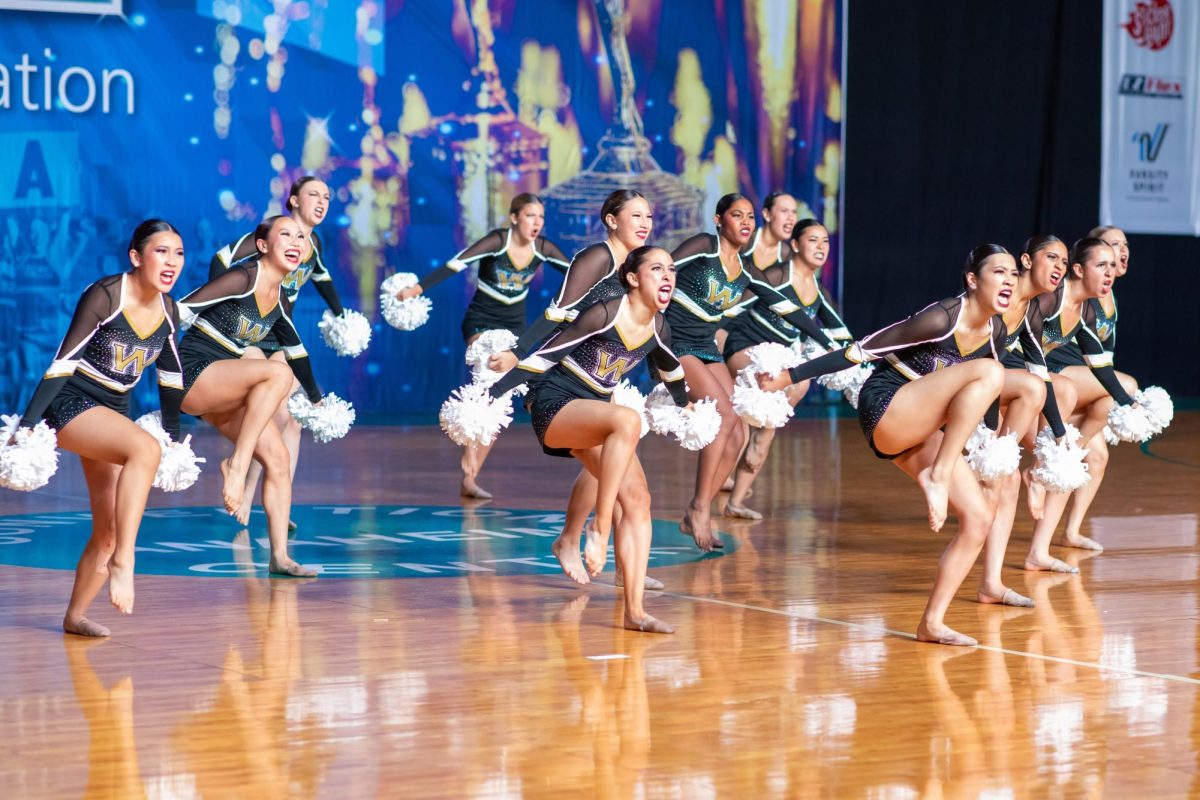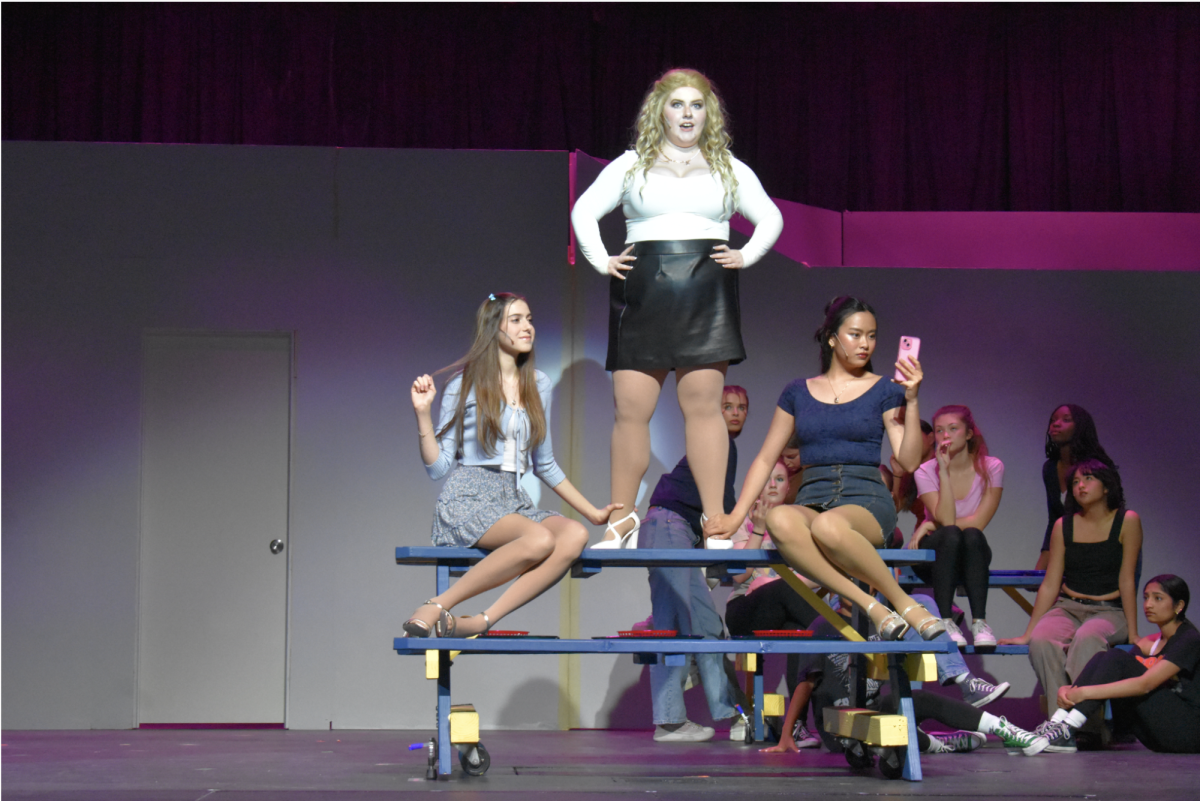Effective as of Tuesday, Westview will now start each day with the Pledge of Allegiance led by the front office over the loudspeakers.
While the Pledge of Allegiance previously only occurred on Mondays and Fridays during Homeroom, the new daily Pledge will be instituted to keep Westview, along with other PUSD schools, in compliance with California Education Code Title 2 Division 4 Part 28 Chapter 11. This chapter states that all public secondary schools must perform “daily appropriate patriotic exercises” The Pledge satisfies this requirement.
According to English teacher Antoinette Lemersal, the issue was originally brought forth by a local community member at a PUSD board meeting. Thereafter, PUSD schools, including Westview, were informed of plans to begin a daily Pledge on Sept. 5.
Cadre leaders from each department were tasked with relaying this information and asking for input within their respective departments.
According to Principal Ernest Remillard, deciding on the 8:35 a.m. time for the daily Pledge was the product of staff and administrative discussions.
“[Administration] wanted to weigh everyone’s opinions about when and how we’d like to go about having the daily Pledge,” Remillard said. “Ultimately, we felt like the best time to do this was right away to start the day, at 8:35 a.m..”
While The Pledge will be broadcast over the PA system each morning, students will not be mandated to stand or participate. The 1943 Supreme Court ruling in West Virginia v. Barnette determined that schools cannot require an individual to participate in reciting The Pledge or in saluting the flag.
According to NJROTC instructor Thomas Adams, standing for The Pledge has historically been an important way of showing respect for one’s country.
“All of us are working towards hopefully being community citizens, and when we’re pledging allegiance to the flag it’s not a political thing,” Adams said. “It’s about honoring our rights and liberties and the least we can do as citizens who live freely in the country is to pledge to the flag.”
Having served close to 30 years in the U.S. Navy, CAPT Adams said he also stands for The Pledge as his way of honoring those who have served time in the United States Armed Forces.
“When I stand for The Pledge, it’s always partially in remembrance of the people I knew who passed in 9/11 and what they gave up to protect this country,” Adams said. “I was very, very proud to serve this country, and I respect those who may choose not to stand because of religious beliefs and personal circumstances.”
Lemersal said that given an increased importance of publicly reciting The Pledge during the height of the Cold War, it’s important to consider the relevance of The Pledge in today’s society.
“I care about what students have to say, and why they may choose to participate in The Pledge or why they may choose not to participate,” Lemersal said. “Something I like to do in my classes is to have debates about current events, and I see the topic of the Pledge of Allegiance being an interesting one for students to discuss.”
Similarly, civics teacher Keith Jain said that The Pledge’s influence on politics is a topic he’s interested in discussing with his AP Government & Politics and Civics classes.
“I think The Pledge has become a very political issue and is now being viewed as a hot potato topic,” Jain said. “The conservative opinion is that [pledging to the flag] shows how you love your country and it’s about respect for the nation, and not pledging means a lack of respect. This kind of rhetoric is very divisive, and plays a key role in creating political gain for politicians.”
Regardless of what a student decides to do during The Pledge, Jain said that facilitating conversation can be a valuable way to understand another person’s motivations behind how they choose to respond to the Pledge of Allegiance.
“As politics change, traditions change, too,” Jain said. “I believe it’s just as patriotic and American to protest by not standing or reciting the pledge as it is to stand and recite it, no matter which way you lean. We have the freedom of speech to protest, symbolically or otherwise, for whatever we feel passionate about, and that includes saying the Pledge.”





